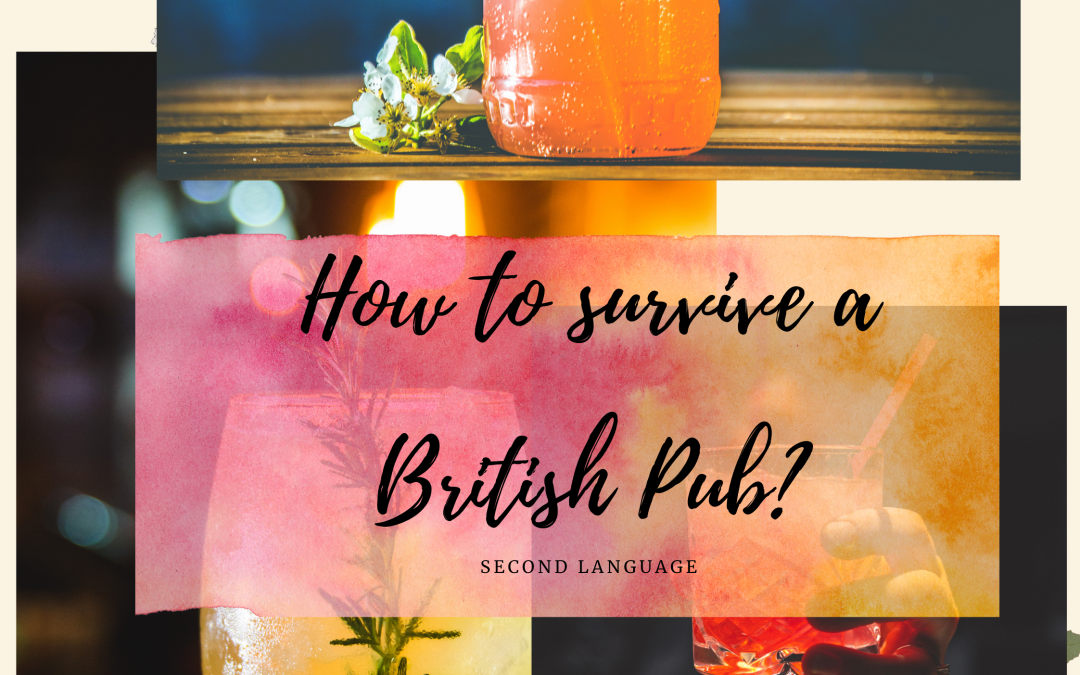


Making you Do Things
In my last blog, I said that if you’re not sure about the differences between the verbs do and make, you should start with do as your main option and learn ‘exceptions’ when you need make. The first occurs when you want to emphasise that you’ve created something new,...
How to Survive a British Pub
We give you some advices to survive a british pub. The noise and stress of a busy bar make life hard enough in your own language, and when everyone is speaking English, things can get stressful for a non-native speaker.Unless of course, you’re prepared… Getting Served...
Noun Combinations: Some “Issues”
How you do a noun combinations? Here you have some «issues». If you ever make mistakes using noun combinations like “training courses” in your business English, read on for a guide to the dangers and how to avoid them. “Noun + Noun” combinations like “business...
